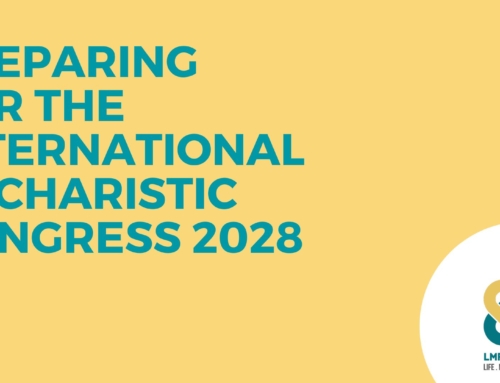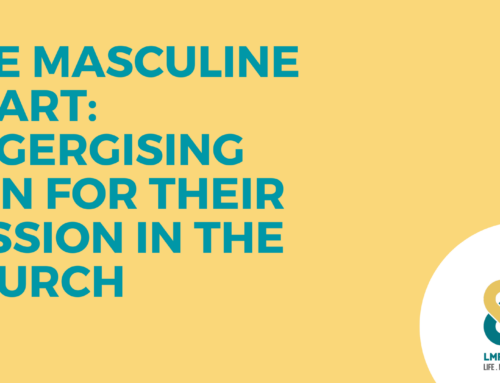
Tricia and Michael Casey address the Roundtable on Couples on the Brink
Aug 12, 2011
We have both worked intimately with individuals and couples who are experiencing “being on the brink”. As such, we were both vitally interested in Dr Doherty’s research and recommendations in working with these couples. Of particular interest is the outstanding element of ambivalence which is present in such a significant percentage of couples presenting for the divorce process.
We applaud Dr Doherty’s work on the discernment process. It presents a useful model for counsellors to work with the presenting ambivalence and to use it as an opportunity to explore potential avenues for reconciliation and rebuilding of the marriage relationship.
From a medical and life perspective, there can be an inclination to separate physical and mental from spiritual well-being. If we are people of faith, it is negligent to not offer the “whole of life” approach to any problem. A faith history could take the form of: Do you have a faith? Is it important to you? Do you have a faith community? What activities are you involved in?
In our work in marriage preparation and marriage enrichment, as well as our combined histories as a GP and a counsellor, we see it as essential that the Catholic Church takes leadership in assisting individuals and couples navigate the sometimes rocky pathway of marriage.
The Church holds a unique vision out to couples of marriage as sacrament, with the graces that are embodied in it. If we believe this, then we need to utilise it.
As a church community it is essential that we offer practical support to those experiencing difficulties and who are “on the brink”. It is also critical that we hold out that vision, and engage with couples who wish to have their spiritual life included in the process.
It is with great sadness that we have encountered instances where Catholic couples “on the brink” have gone to a church agency, believing that an understanding of their commitment in the context of their faith will be the basis of any work done, only to find that is not the case. This is an important issue for the Church, clinicians and agencies to wrestle with, as it is so counter-cultural to what is promised in the wider secular world.





